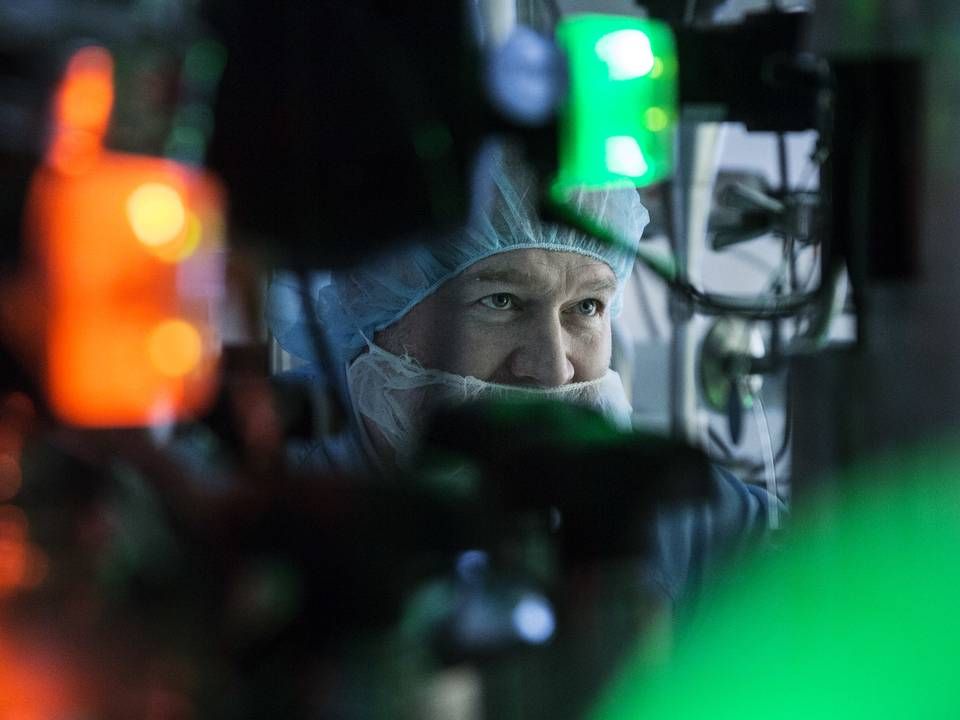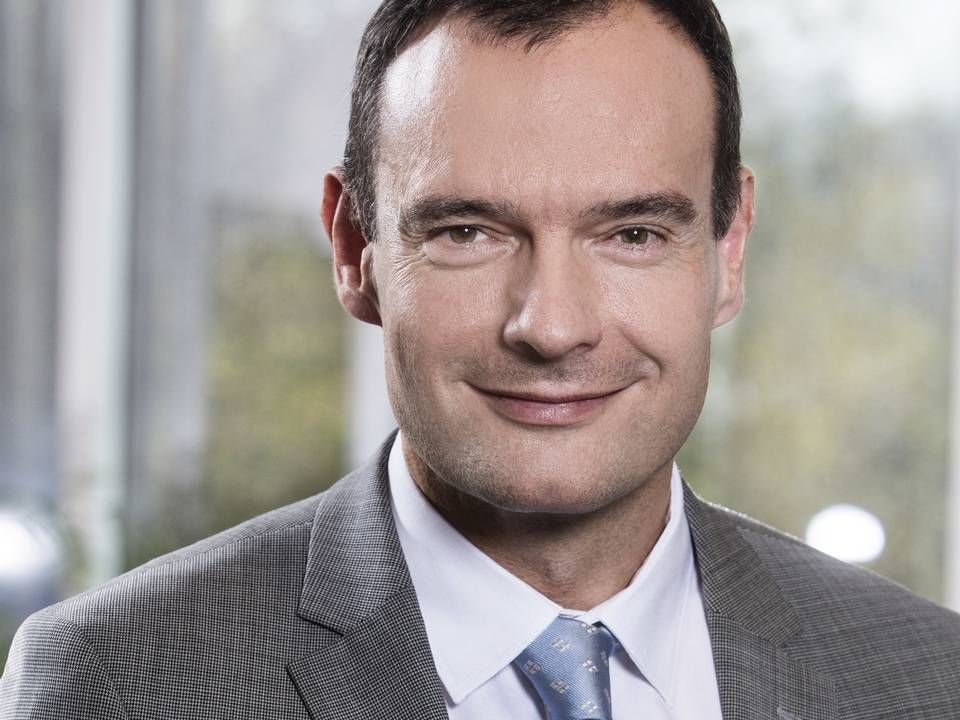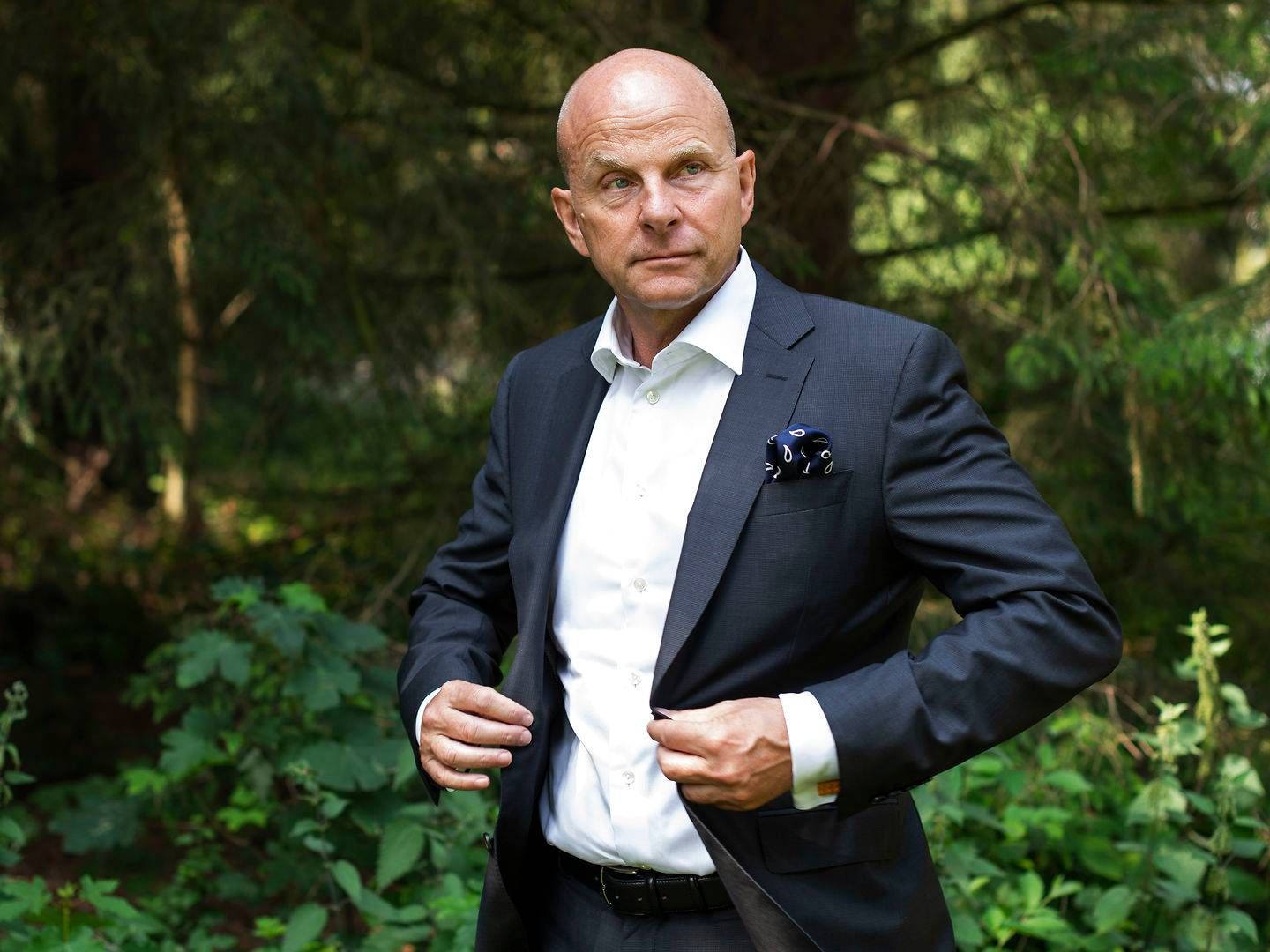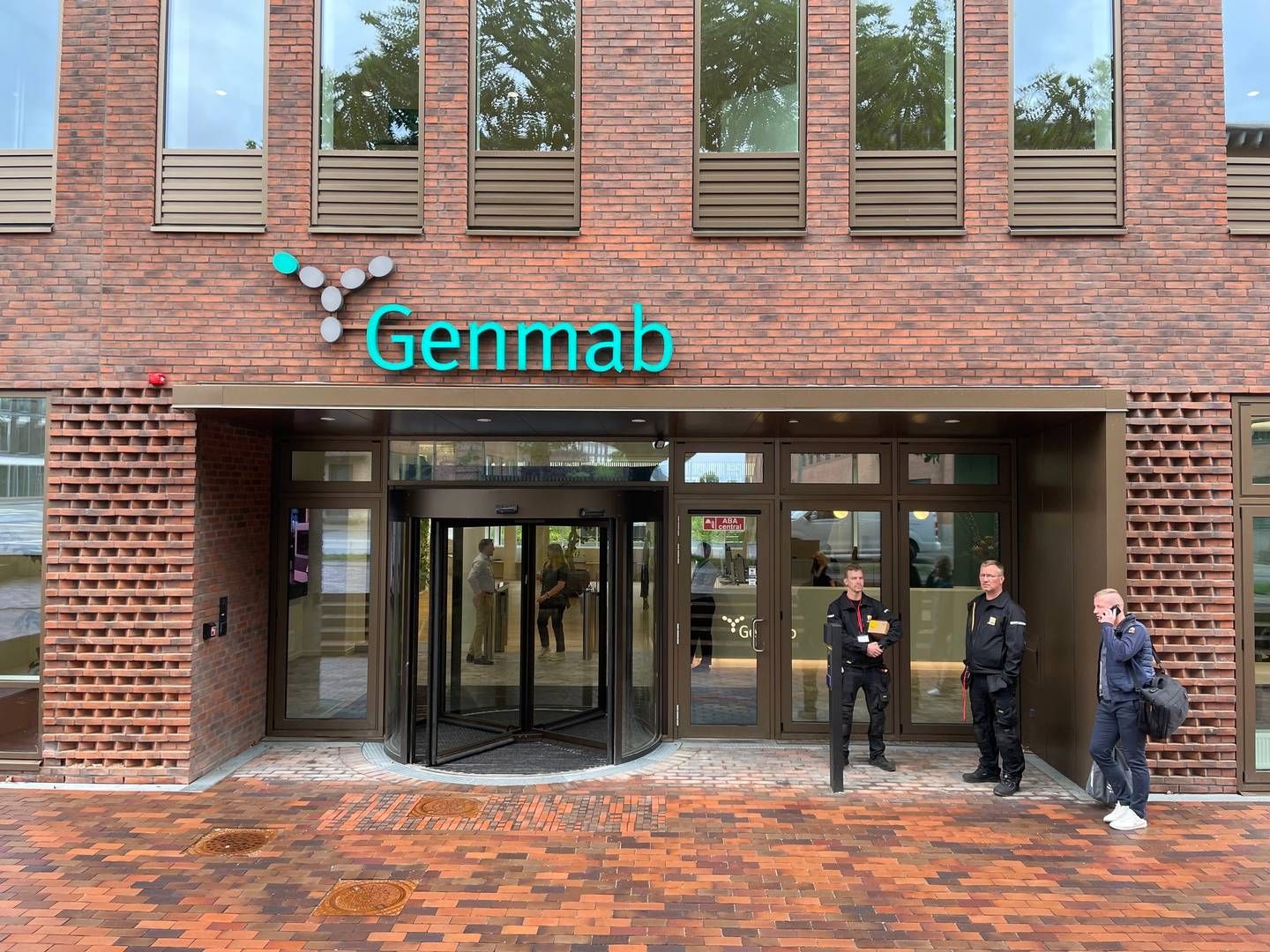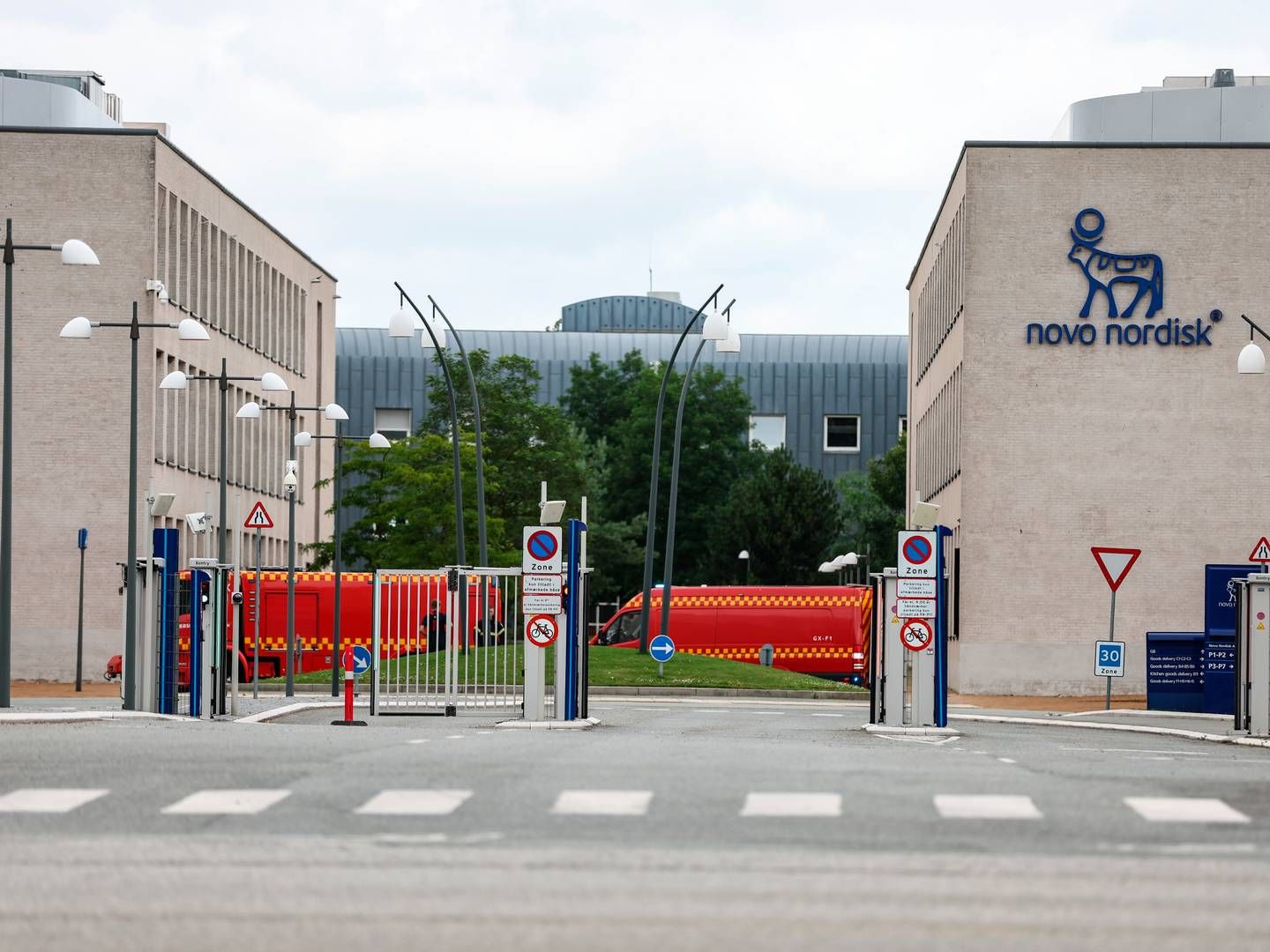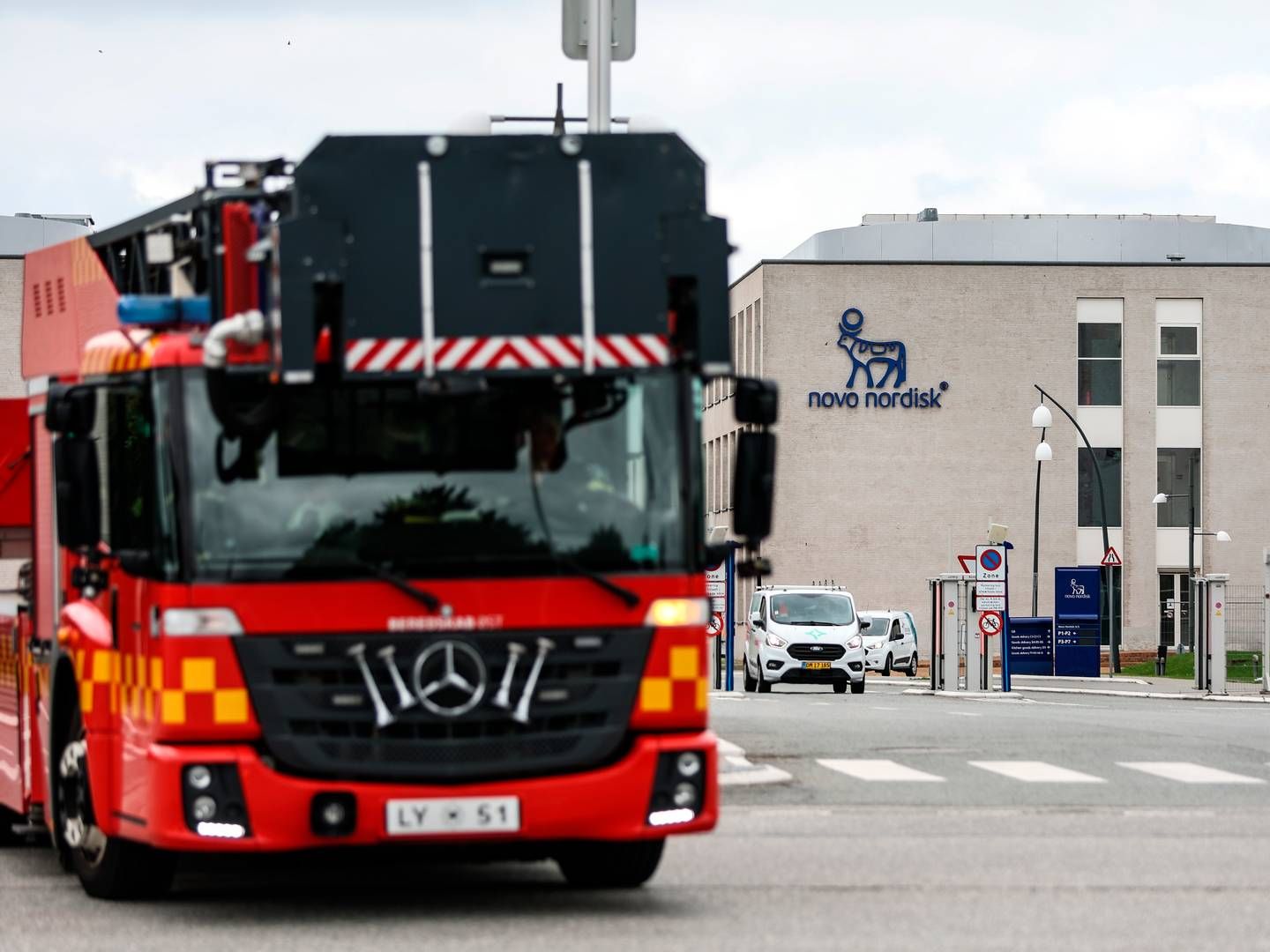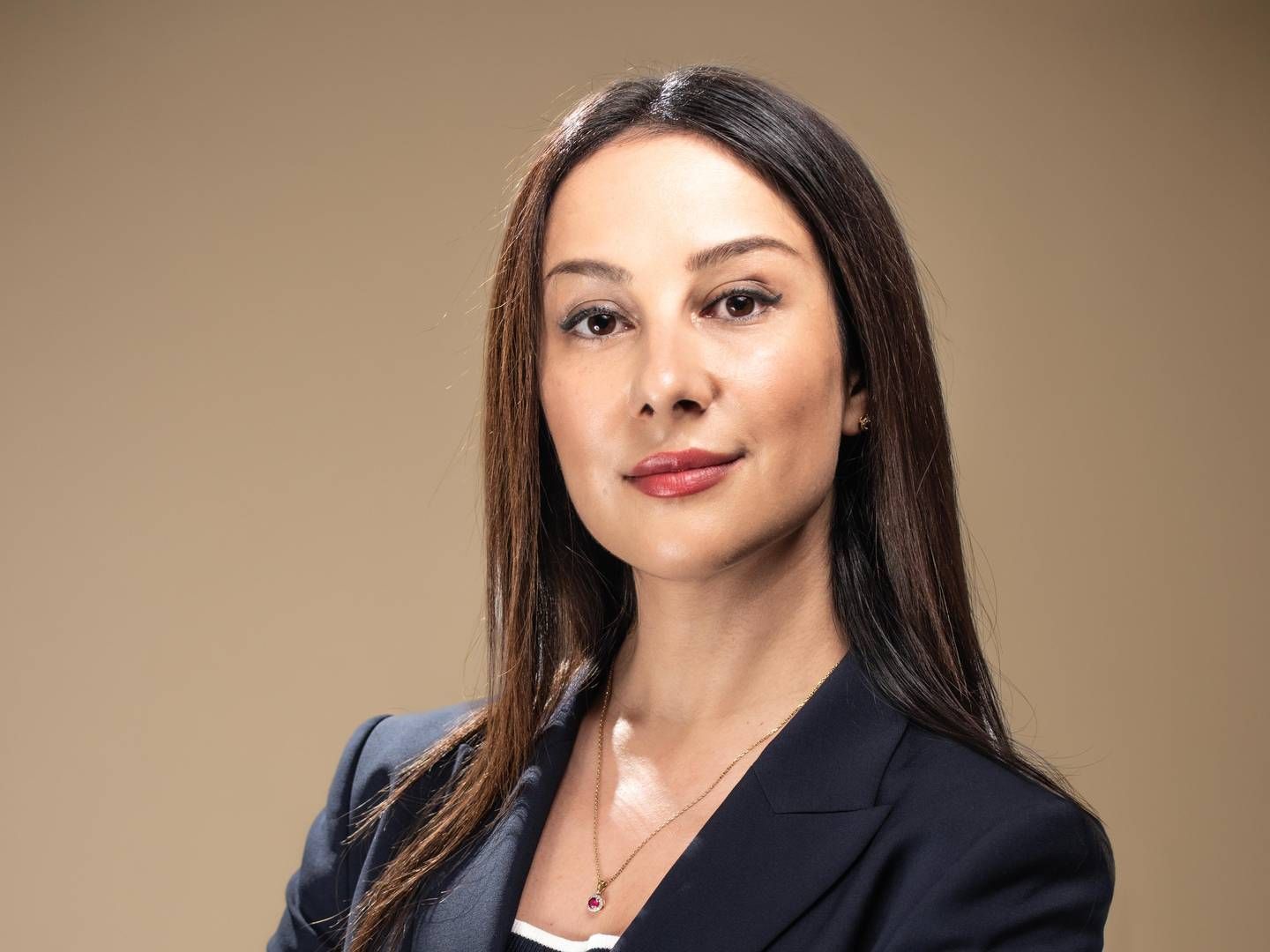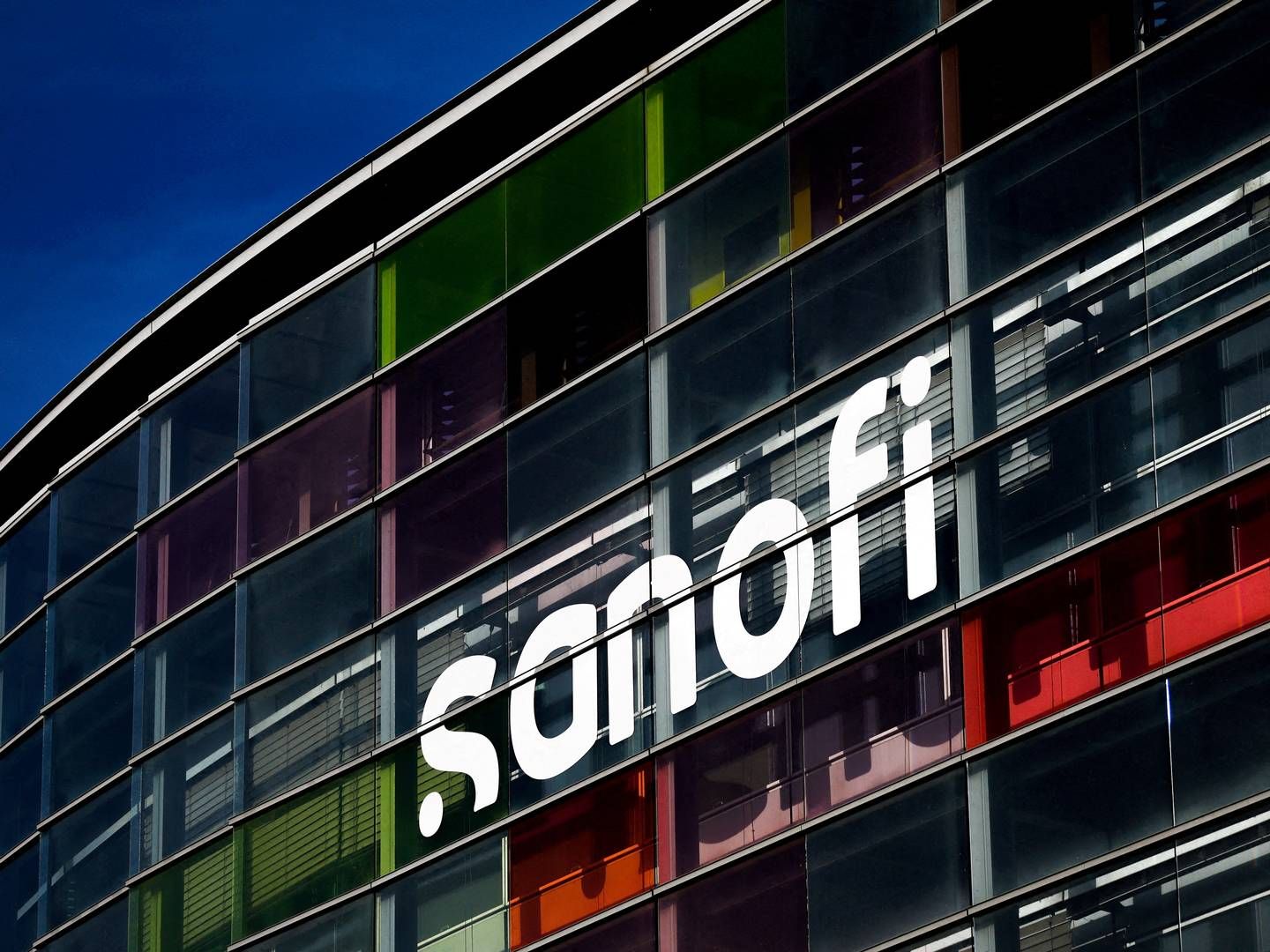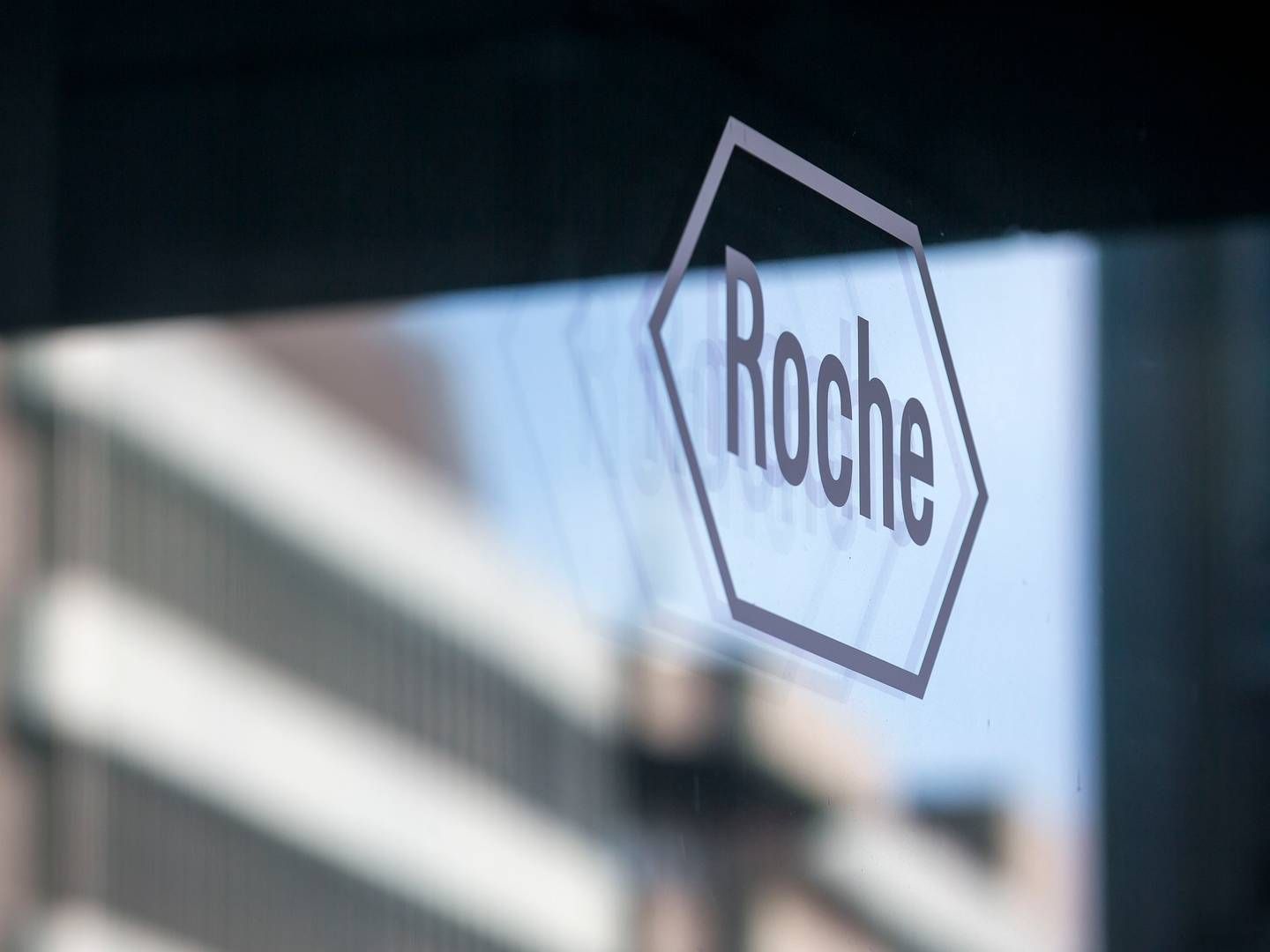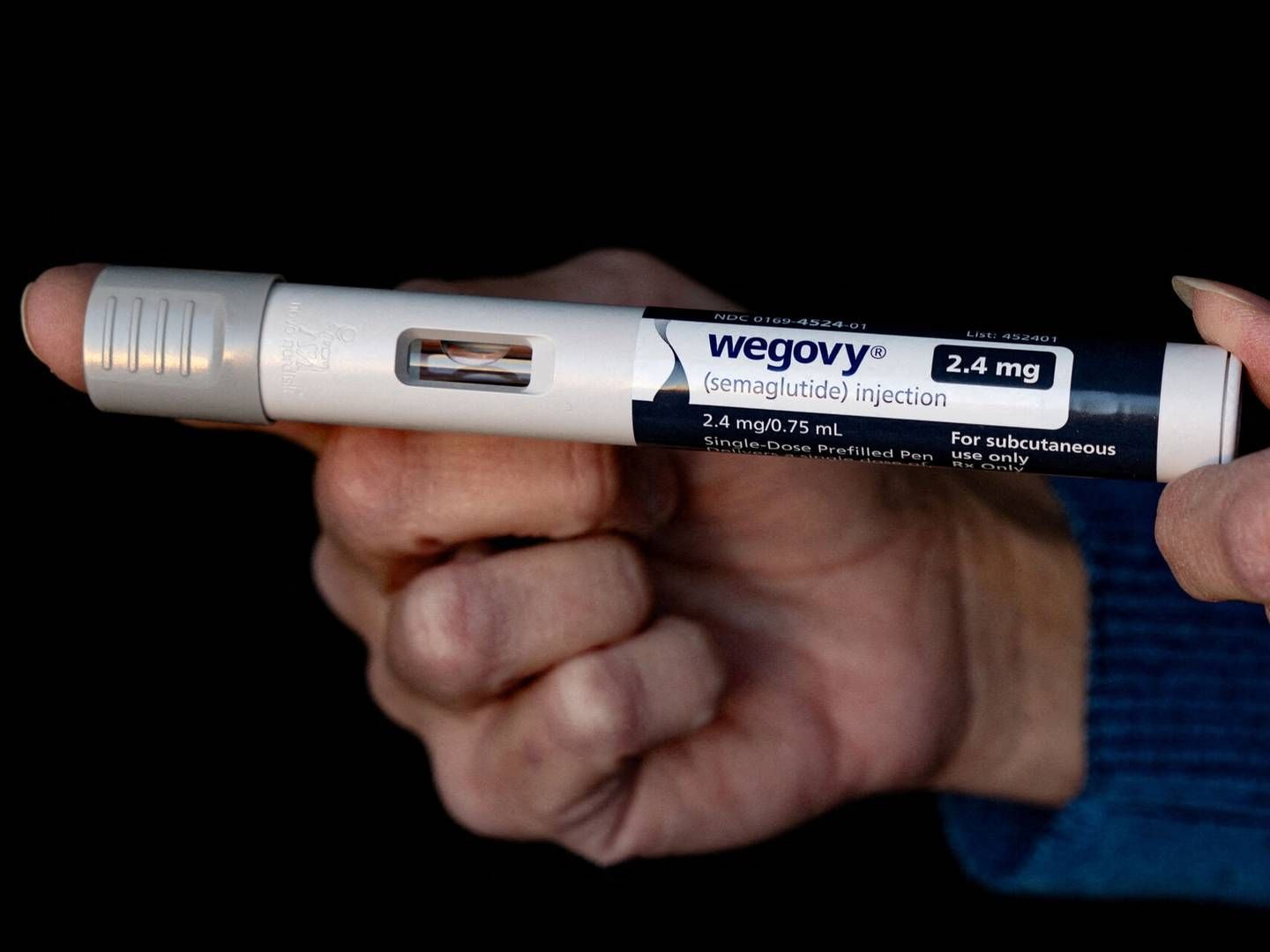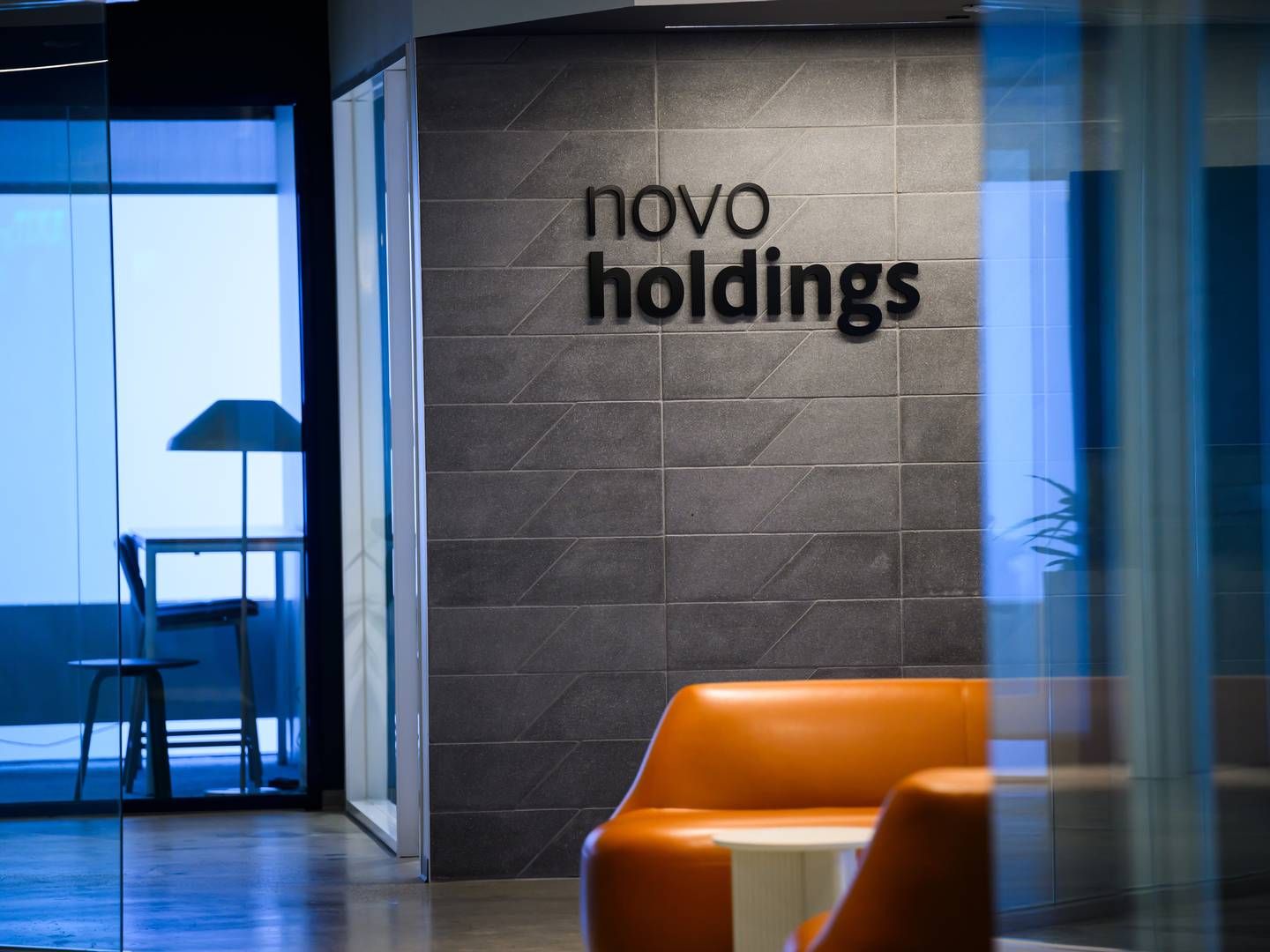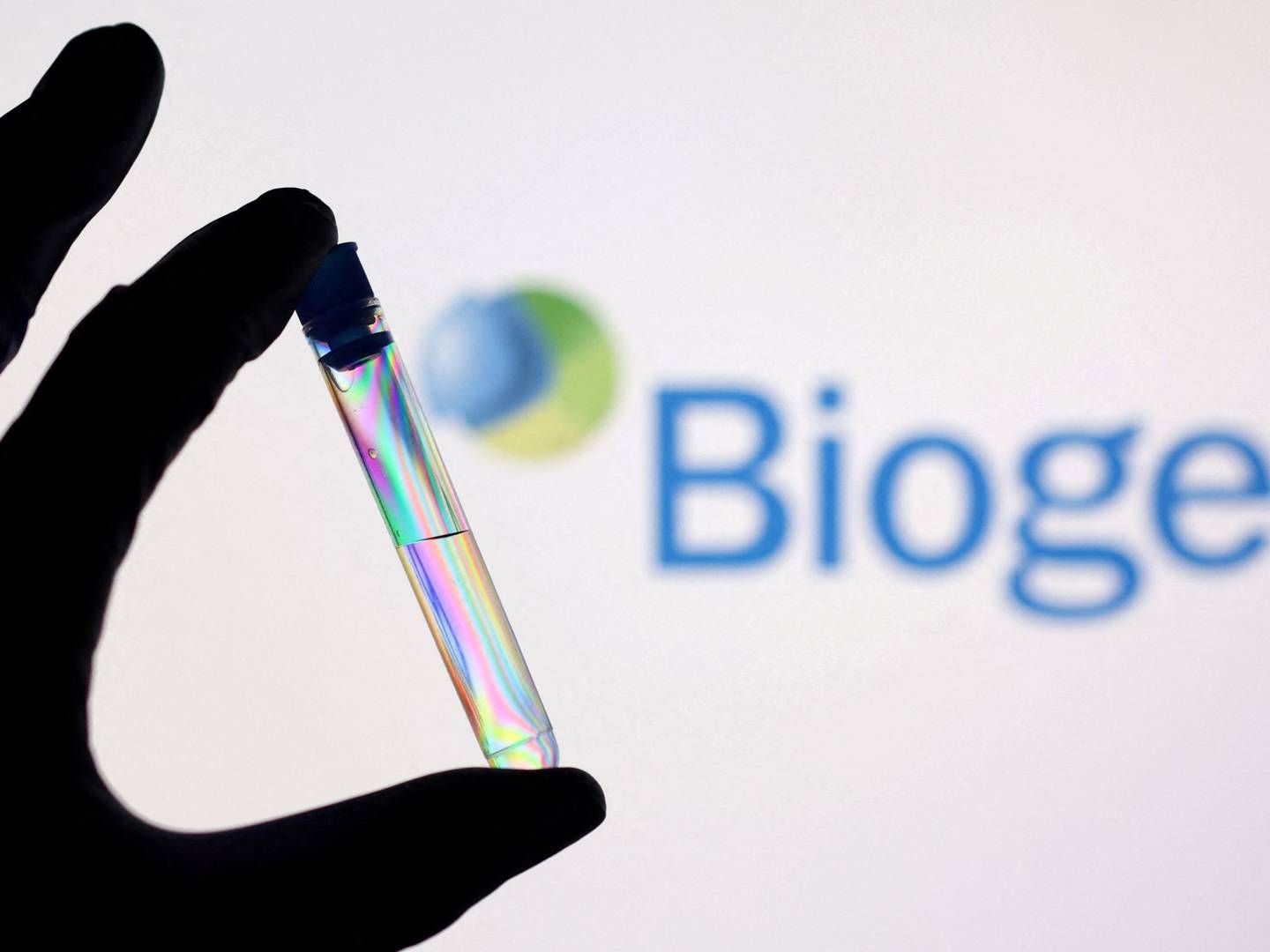ALK powers ahead on crucial market following new regulations for prescribing medicine
.jpg)
On Thursday morning, Denmark-domiciled allergy company ALK presented its best-ever quarterly report since the firm was founded in 1923.
For the first time ever, the firm's revenue topped DKK 1bn (USD 161.5m) in the first three months of the year. The operating result, the earnings before interest and taxation (EBIT), increased 21.2 percent to DKK 166m which has led to an upgrade of the income and revenue.
"You can't be a pessimist when looking at the financial report we've presented today. We're delivering on all accounts and ALK has never had a stronger footing that the company does now," ALK President & CEO Carsten Hellmann tells MedWatch.
Notably, ALK is powering ahead on the German market whose 600,000 allergy sufferers make up 40 percent of the European market.
Germany, with its 83 million inhabitants, is by far ALK's largest most important market in terms of allergy immunotherapy, and new regulations concerning the prescription of medication to patients with allergies has boosted growth in this country.
Since December 2020, German health authorities have recommended that allergy patients are only given registered products instead of less established and well-documented treatments that many firms have turned into lucrative business.
The new guidelines have been implemented in most local regions and ALK is the first company in Germany to exclusively market registered allergy products for the most common allergens.
"The changed basic structures on the German market in terms of registrations is crucially important to us. The German market is the world's largest allergy market, and by far, this is the most important and largest market for ALK. No doubt about it," Hellmann establishes.
German tablet sales exploded
The majority of ALK's portfolio in Germany is marketed in tablet form, and it encompasses for example treatments for allergies against dust mites, grass, ragweed, and tree pollen.
The Danish firm also deals with many common respiratory allergies, which ALK has successfully worked towards treating with allergy vaccinations.
This has also been the case in Germany, where ALK – which is the largest allergy company that is present in this country – has a 30 percent market share at this point in time. This is especially due to the fact that tablet sales have increased steadily. In January, February and March this year, they rose by 45 percent.
"The figures are impressive, but we have a really strong team in Germany which is doing a great job. The tablet launch has got off to a great start. Not least due to the launch of Ituluzax against tree pollen with which we had a phenomenal run with lots of marketing and stuff happening," says Hellmann with reference to the 2019 launch just three months after the European Medicines Agency (EMA) vouched for the tablet, which the firm believes holds great promise for European allergy sufferers.
Germany was the first country in which ALK aired its digital ecosystem Klarify which encompasses an allergy app, webshops and a patient website.
So far, the app has been rolled out in six markets including in the US, Denmark and Germany, and in 2020, it was downloaded more than 375,000 times.
"Now, we're in dialog with hundreds of thousands of potential German patients for our tablets, which we are bringing in virtually and leading to a physician who can then for example prescribe our Grazax-tablet (for grass allergies, -ed.) or our dust mite treatment Acarizax," says Hellmann.
Nowadays, ALK has set up more than 475,000 consumers online, and more than 140,000 people have been mobilized to do something about their allergies, the CEO notes. He arrived at the company in 2017.
"We're poaching market shares from our German competitors – there's around seven of them – and we're expanding the market. Things are going great," Hellmann says.
EUR 100m market potential
When ALK raised capital in late 2017 for its three-year growth plan, one of the main priorities was to jettison older products from the portfolio that had accumulated over time.
“That also applies to Germany, where we’ve invested a lot of money in taking our products off the market and getting out other, newer offerings registered in the German market. We have accomplished a big task in saying that patients deserve products that are well documented in large clinical studies, just like our own products are,” Hellmann says.
New changes in the German market structure constitute a significant commercial opportunity for ALK, the company says. Today, small local producers sell unregistered allergy products worth more than EUR 100m (USD 120.0m).
"With the new co-payment guidelines only for registered products, they're having a tough time keeping their products on the market, and that's where there’s a market potential for EUR 100m in Germany right now that will be taken over by registered products," Hellmann says.
How much of the EUR 100m market share can ALK hope to claim?
"You know me as an ambitious man. We will take as much as possible. We have both the product portfolio and the muscles to take over perhaps the entire EUR 100m market potential," Hellmann tell MedWatch.
Halo-effect exceeds expectations
Ahead of today’s interim report, market analysts and ALK had both mentioned expectations for a so-called Halo effect in tablet sale created by the – formal – completion of the portfolio.
The Halo effect refers to the sale of a single pill leading to the sales of other tablets because doctors who note success in treating, for instance, birch pollen allergies with Itulazax, also have greater incentive to treat grass pollen allergy with Grazax.
Today, Hellmann says the Halo effect is in effect, namely in Germany and the Nordic countries, where Itulazax is launched. Whereas Grazax sales grew by 10 percent in 2019, sales in the proceding year surged 20 percent. Today, Grazax is growing by 30 percent, the ALK chief says.
"We expected a Halo effect. However, that Grazax would go form 10 to 20 and then to 30 percent growth is clearly more on the positive side – and more than we had counted on," states Hellmann.
"Doctors in Germany are becoming more and more accustomed to prescribing tablets. We have the opportunity to give one Ituluzax and one Grazax tablet simultaneously, and physicians take heed of this," he elaborates.
Previously, up to 8-20 percent of German doctors wouldnt' "touch tablets with a ten-foot pole". Today, they're prescribing tablets half the time, he adds.
"If you have a supermarket with multiple products on the shelves you’ll have more customers. We’re noticing that effect," Hellmann says.
According to today’s upgrade, ALK expects a global growth in revenue amounting to 9-12 percent in local currency compared with the previously expected 8-12 percent.
The firm expects that tablet sales will grow around 25 percent this year against the previous estimate of more than 20 percent and as regards earnings before interest, taxation, depreciation and amortization (EBITDA), ALK plans to land at DKK 375-425m, up against the previous estimate of DKK 325-425m.
ALK's Q1 better than predicted on top and bottom line
ALK gains important approval on difficult US market
ALK invested DKK 1bn in US breakthrough: "It didn't pan out the way we'd hoped"
Related articles
ALK's Q1 better than predicted on top and bottom line
For subscribers
ALK gains important approval on difficult US market
For subscribers

